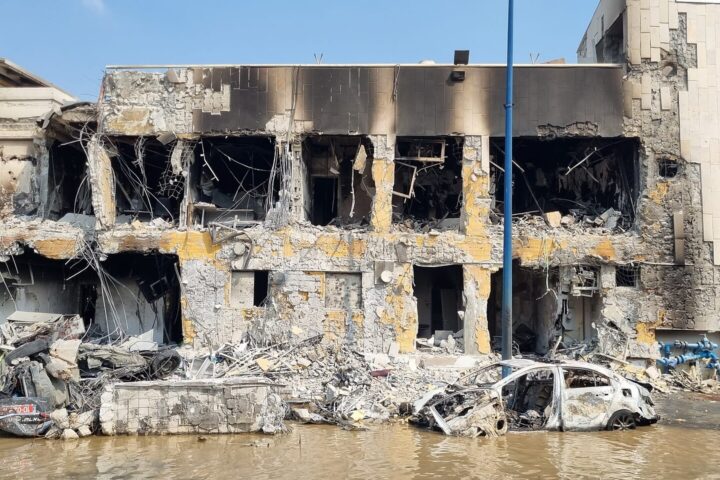.
Marcuard's Market update by GaveKal Dragonomics
In the mid-1990s Thailand’s over-built and excessively geared economy provided a clear early warning signal for the troubles about to engulf the rest of emerging Asia. But having now suffered two military coups in eight years Thailand is less a bellwether than a regional outlier that seems to have given up serious development in favour of a struggle to subdivide existing wealth and power. The good news from Asia is that ascendant political tribes in most other economies are focused on growing the pie rather than endless battles over redistribution.
The depressing sound of leather jack boots clomping around government offices in Bangkok last week follows Thailand’s gradual slide into a middle income trap. Its demographic dividend is all but spent and productivity improvements have not picked up to ensure real income growth. Bad politics over the last decade has ensured weak government and poor capital spending trends. Unlike past coups which have famously been good buying opportunities for Thai equities, already rich valuations mean we do not expect a re-run (bonds may hold value given that further interest rate cuts are likely).
The contrast with recent developments in India, Indonesia, Philippines and even stodgy old Malaysia is clear. All of the above are lively democracies where the main political discussion is increasingly focused on the pursuit of growth and higher living standards. Narendra Modi’s landslide win in India’s election was secured on an agenda to secure more factory jobs, roads and power stations and less on nebulous promises for social justice. Modi’s agenda also departed from the main narrative of past elections which focused on economic rights and the correction of market failures, and hence a tendency to ever rising subsidies and state intervention.
Across the region, we see a similar recognition that the development model needs an upgrade. Indonesia will elect a new president in July and we would expect the progressive Jakarta governor Joko “Jokowi” Widodo to prevail. Given the country’s complex electoral college system the risk remains that the more isolationist Prabowo Subianto succeeds Susilo Bambang Yudhoyono, heralding a return to economic nationalism and possible cronyism. We don’t think this will happen because rational economic policies are already proving their worth—Indonesia has endured a painful terms-of-trade reversal over the last two years and last year faced capital outflows after the US Federal Reserve said it would dial back its quantitative easing programme. Indonesia responded promptly with interest rate hikes which helped stabilise markets, and growth is getting back on track.
The Philippines is seeing a similar virtuous circle of stable governance, improved capital spending and balanced growth. An economy which had become hugely dependent on overseas remittances has seen manufacturing pick up, with growth in factory output averaging 7.5% in the last three years, compared to about 3% in the preceding five years. Like Indonesia, the issue is whether these gains can be consolidated without a return to crony capitalism and a capture of the national growth dividend by which ever tribe happens to secure political power.
One reason to be optimistic is that the sad demise of Thailand’s development story over the last decade has offered a signal warning to both electors and elites in the rest of the region. Openness and democracy has served emerging Asia well, but the lesson of Thailand is that government policy must remain focused on development or face a decline into recrimination and political chaos.







